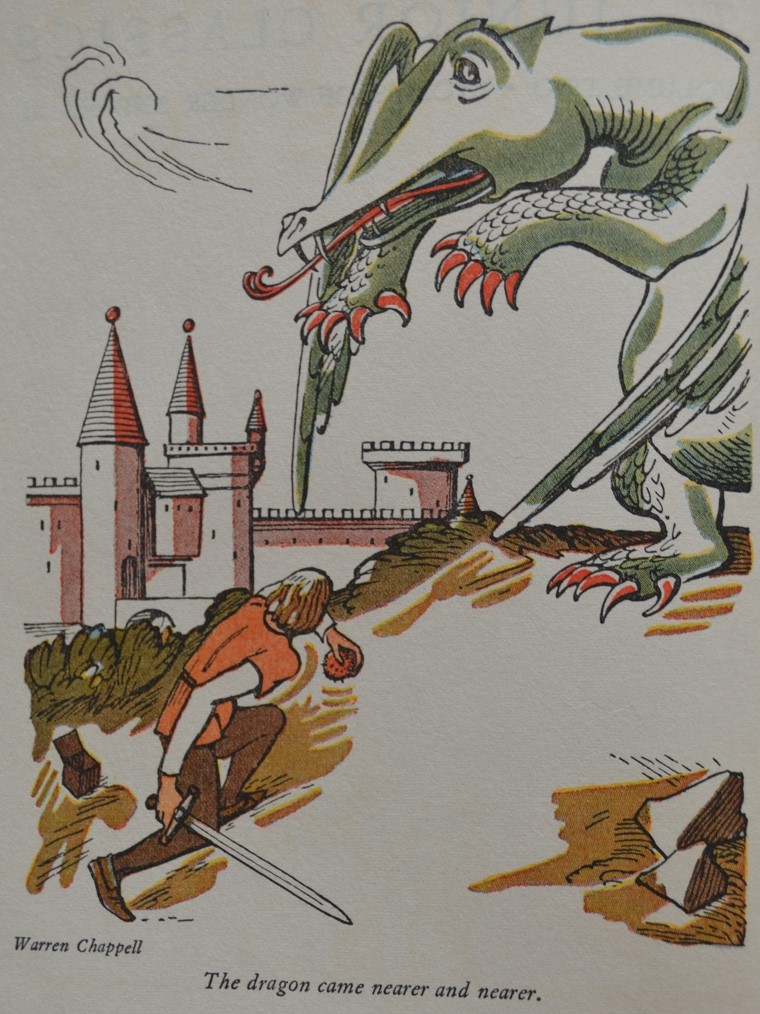Thoughts on Sister Carrie, by Theodore Dresier
There are so many different ways to read novels.
One, of course, is to just let yourself be carried (no pun intended) along by a story.
Now that I have a few years under my belt, I also really enjoy reading novels because of the clues they reveal about authors’ minds.
I’ve written, before, about the similarities between writing fiction and dreaming. (My longish essay on that topic, Writing, Dreams, and Consciousness, is available for Kindle here although, full confession, I haven’t looked at it for years. Probably should pull it up and rewrite it!)
I’ve also touched a bit on philosophical idealism, which I think is the most plausible metaphysical framework for describing reality. At some point I’ll post more about that topic (I have a post in draft that riffs off the works of Bernardo Kastrup, who has made the case to my satisfaction for idealism) but the short version is that we humans are participating in an interconnected dream or mental simulation. The seeming “solidity” of reality is a function of how it is generated; even though our interaction with reality is entirely subjective, none of us as individuals “owns” it or controls it. It is generated collectively and that mass attention to “what is real” stabilizes it.
What is fascinating about this, to me, is that “other people” are known to us via an interface between their minds and our own. If I encounter another person, talk to that person, form a relationship with that person, everything I experience is a mix of perception and projection — and probably a lot more projection than most of us realize.
Continue reading →


